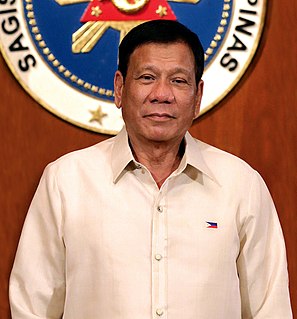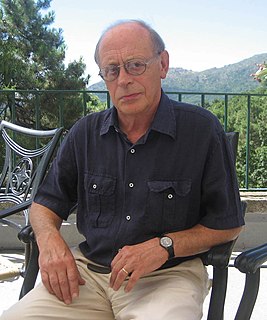A Quote by Peter Morgan
I am drawn to characters so full of internal contradictions. Idi Amin was one. I loved writing him.
Quote Topics
Related Quotes
I submerged myself in all the information that I could find about Idi Amin. I mean, before I left Los Angeles, I was studying Kiswahili. I was working on the dialect. I was studying every documentary and tape of him that I could find - not just visual, but also audiocassettes, even in other languages when he was speaking in other dialects.































